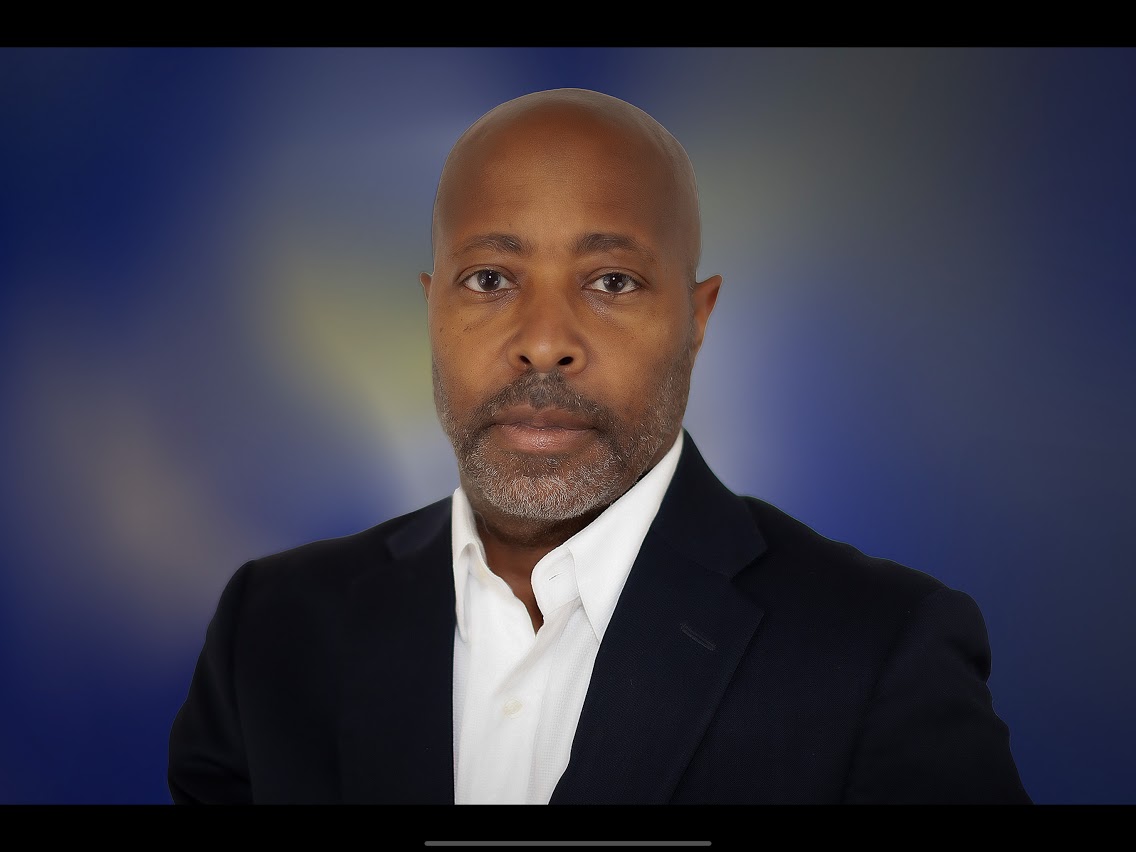
Eric McGriff,
Chief Risk Officer ,
36th Street Capital
Following the death of George Floyd in May 2020, there has been a heightened focus on diversity, equity and inclusion (DE&I). That tragic event sparked a global movement against racial injustice, prompting organizations and communities to reevaluate their commitment to equality.
More recently, however, there has been a backlash against DE&I. Many critics argue that these programs, aimed at promoting equal opportunities and representation for marginalized groups, are divisive and discriminatory. Some express concerns about “reverse discrimination,” suggesting that efforts to address historical inequalities inadvertently lead to unfair treatment of majority groups. Other critics argue that DE&I initiatives can foster a climate of political correctness, stifle free speech and impede open dialogue. They contend that workplaces and educational institutions should prioritize meritocracy over diversity quotas, allowing individuals to succeed based on their skills and qualifications rather than demographic characteristics.
Proponents of DE&I emphasize the ongoing need to address systemic inequalities. Rejecting these initiatives perpetuates existing disparities and hinders progress toward a more equitable society. Beyond the social benefits, studies show that in business, diverse and inclusive environments lead to increased creativity, innovation, better decision making and improved employee engagement, and the companies are more likely to outperform their peers in terms of profitability.
These contrasting perspectives have fueled debates about the appropriate balance between rectifying historical injustices and ensuring fairness for everyone. Striking a balance that addresses historical injustices while maintaining a commitment to fairness is a complex challenge facing society today.
As it relates to the business world in general, and the equipment leasing industry in particular, I believe the following areas of focus are most critical.
No categories available
No tags available
2 Replies to “Ending the DE&I Debate: Critical Focus Areas for Equipment Finance”
Great article. A number of valid and substantives points were made. Well written.
Eric, you are spot on! There are so many facets to this. Not just training and quotas.